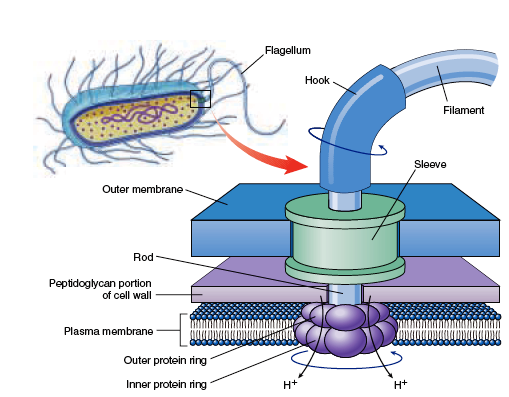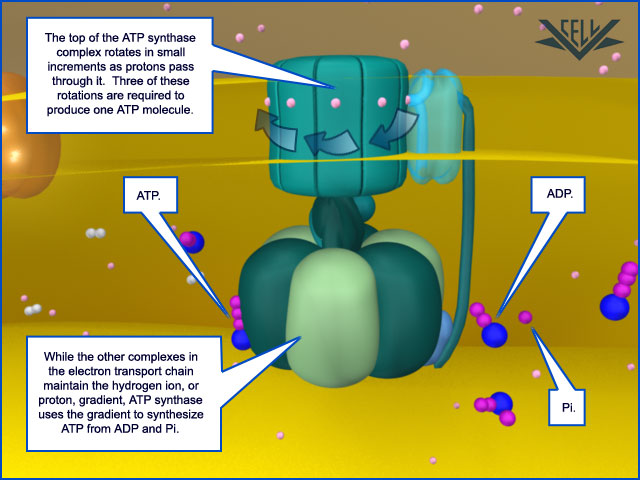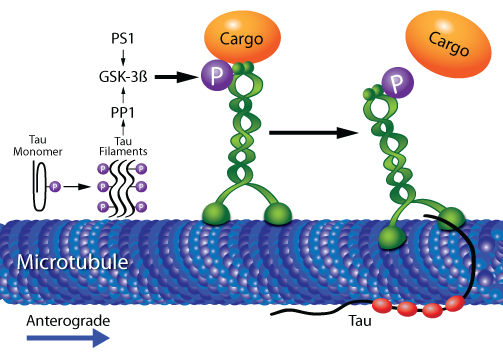This is why I'm trying to get away from labels. Whether things are labelled as species, subspecies, races, breeds, whatever, those are all artificial categorizations for things.
Yet without which there is no science, just every persons claim what things are..... yet without those labels there is no speciation, and hence no ToE.
Ultimately, it doesn't matter what we call them. All we are talking about are populations of organisms with their own individual genotypes that make up a particular gene pool.
Agreed, individual genotypes making up particular gene pools, or Kinds.
I don't know enough about finches and the ALX1 gene to have an opinion on the matter.
Posted a link.
This is where I'm going to call "citation needed". Do you have anything to support this assertion?
Why do you need a citation? You just admitted you agreed that selective breeding reduced the genetic variation. The logical conclusion of your own statement is that if selective breeding reduces the genetic variation, then the genetic variation was greater before selective breeding began? Is that not the logical conclusion? And if the human genome is now 80%, 90%, whatever number you wish to claim nonfunctional because of mutational error over time, then the logical conclusion is that it was once more functional, agreed? It can not become less functional because of errors, and yet be less functional to begin with. There is no logic in that line of reasoning.
You see, you want interbreeding to reduce variation within the genome, but don’t want to then accept the logical conclusion that it must have then been more variable, for it to become less variable.
This is again where the obsession with labels is misleading. First all, you'll never be able to truly define a specific set of physical characteristics that can classify a population of humans as being "Asian" without at least some overlap between other populations. As I said, actual physical traits in humans show much more gradation as opposed to hard, defined cut-off points.
I don’t know about you, but I can easily discern the difference between Asian and African, and the overlap between the two Afro-Asian. Genetically as well, yet still distinguish they are all the same Kind.
Second, mutations are observed and do occur. You've probably got a few dozen yourself. And this can and has led to new species over time. It's well documented.
Agreed, yet despite all those mutations, Asian remain Asian.
No it’s not and never has been observed. Oh, you mean by those labels you admit are arbitrary and want to give up until those arbitrary labels arbitrarily support your arbitrary claims?
I still don't know what "cross the race border" is supposed to mean. I'm not even sure what a "race border" is.
Well when an Asian becomes something other than an Asian due to mutation and not interbreeding, let me know and then you’ll know as well.
Regardless, mutations occur within populations and can result in changes to phenotypes. For example, here's a case whereby a mutation resulted in blond hair appearing in populations on the Solomon Islands:
The Origin of Blond Afros in Melanesia
This from the man that argued a change in phenotype meant nothing? Your back and forth so much on your claims, I’m no longer sure what exactly you are arguing for? Especially when Mastiff come in different colors, yet still remain Mastiff.
What's especially interesting is that this particular mutation hasn't been found anywhere else. It appears unique to this particular population, yet results in blonde hair, a trait typically associated with Nordic populations.
Mastiff have black and brown hair too. No one argues a mutation might change hair color, length of nose (or beak or snout) but that is quite different than changing some missing common ancestor into an ape and a human? Unless you wish to proffer we are both the same species, merely subspecies?
Most mutations have no effect. As I said, you probably have at least a few dozen novel mutations yourself. Of the mutations that do cause effects, harmful mutations are more likely, but not exclusive. Beneficial mutations can and do occur and have been documented in various experiments and observations in nature. Particularly when it comes to things like antibiotic resistance in bacteria or pesticide resistance in plants.
I have never disagreed. I simply contend you have no basis to claim mutations can bring about a new species, when it can’t even change a Husky into anything else. But we do know how the new breed Chinook came about.
In cases where breeding populations were sub-selected from a larger population, and especially in cases of inbreeding, then yes, variation would be reduced.
Can you give an example where this has not happened?
My point though is that that is simply a result of artificial selection. If a population was allowed to grow and diversify, then genetic variation would naturally return through normal processes of reproduction and mutation.
You mean like when red tailed deer, oh never mind, they tend to selectively mate with other red tailed deer. But you mean when grizzly, oh never mind, they tend to selectively mate with other grizzly. So even though every animal is allowed to grow and diversify, they tend to selectively interbreed anyways.......
By 'fixed' I mean that when an allele becomes the dominant allele in the population (i.e. all members of the population now posses that allele).
But doesn’t that require that allele to start from just two, and on just to their descendants? So to be fixed in the population, it would have to come from say, an original pair?
Antibiotic resistant bacteria are a good example of this. Say I had a population of bacteria where 5% of the population has a particular allele (mutated gene) that conveys them resistance to a particular antibiotic. If I apply an antibiotic to the population and kill off the other 95% of the bacteria, all that will be left will be the 5% with that particular allele. Consequently, 100% of the population now has that particular gene conveying antibiotic resistance; that allele is "fixed" in the population.
Except that 5% had to start in the case of bacteria, from one.
Of course, that is an extreme example. Alleles can become fixed in populations in other ways, including random genetic drift, founder effects, and so on.
Agreed, as long as in the case of animals, that mutation comes from an original pair, or one of its descendants, to then be passed to its descendants. Or are you suggesting if I randomly acquire a mutation, entire populations will then randomly acquire the same random mutation? Sorry, those odds are illogical.
Mutations introduce new variation. That's where novel alleles come from; mutated genes.
Agreed, which must occur in at least one of a pair and to its descendants. To be fixed in the population, the population must come from that original pair.
Genetic recombination from an outside population is one way of introducing variation into a population. Naturally occurring mutations within a population is another.
Agree and disagree. I agree Husky mating with Mastiff produce the Chinook. I’ve yet to observe a mutation change the Husky, Mastiff or Chinook into another breed. Yes, I know you believe it can, but isn’t it belief or faith you have a problem with?
I suggest Googling pictures of peoples from various African and Asian countries. You're going to find a considerable variety of individual physical traits amongst those populations. As I've repeatedly said, there is more of a continuum in the human species than fixed, defined traits for any individual "race".
Agreed, where different races overlapp.
If I asked you to specifically define traits specific to any so-called 'race', invariably you're going to find overlap.
Because we are all the same Kind and capable of interbreeding where our ranges overlapp with others of our Kind. As I said, if you want to call us correctly subspecies, I’d have no problem doing so.





